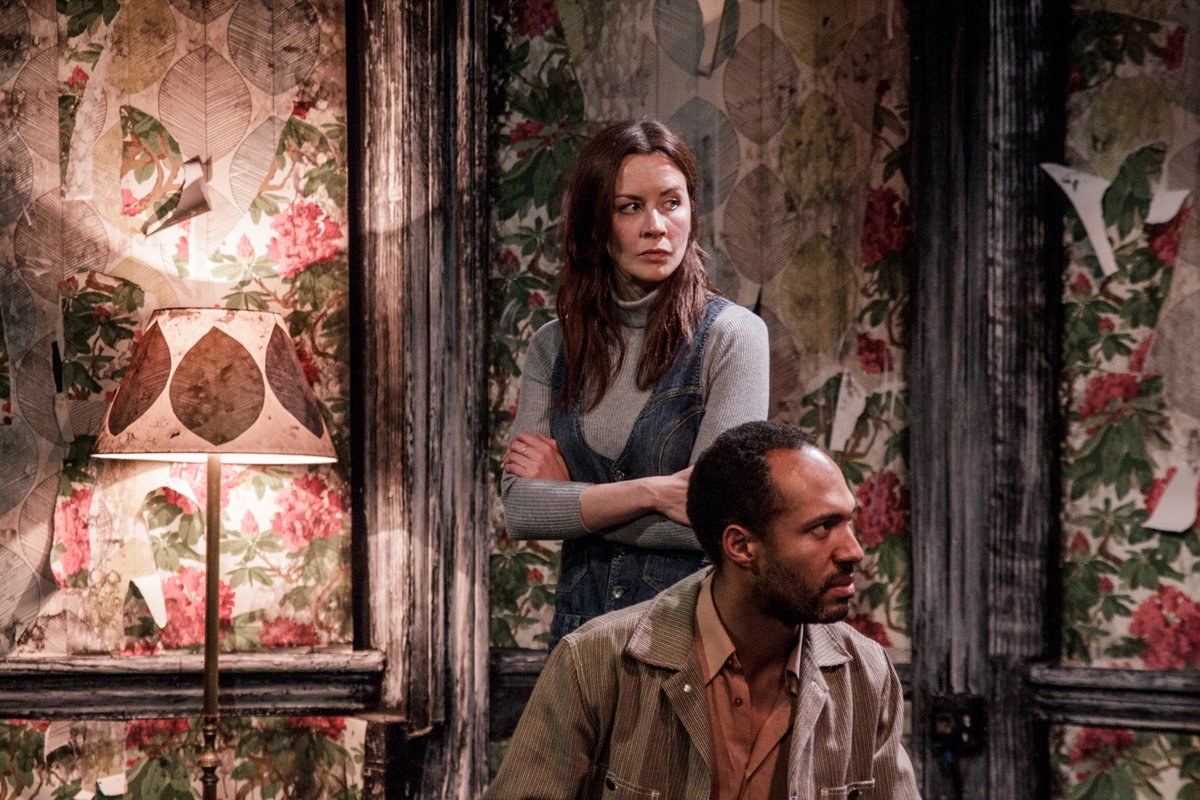Magnificence at the Finborough
reviewed for The Times, 31 October 2016
Magnificence, for Howard Brenton, is the thrill of ripping the world apart. In this early play, Jed, who enjoys hallucinations of Lenin, takes hostage a politically passé government minister, promising, “the spectacle of you magnificently ablaze for the delight and encouragement of all your enemies”.
Brenton’s 1973 play was one of his first great successes, since disregarded, so it is an ideal candidate for the Finborough’s thriving programme of reviving modern classics. The play’s concerns are apposite. A small group of radicals converge as protesters against London’s housing crisis. (In a discomforting scene, they are appalled to discover a genuinely homeless person already living in their squat.) After police brutally close down a protest, Jed is radicalised farther down the road to terror.
Yet Magnificence is more than a bit of dialectic about whether ends justify means. With its roving, fragmented dialogues, digressing into the psyches of peculiar and passing characters, Brenton’s play is a sometimes slipshod attempt to put the British establishment on the couch. We meet a Homer-quoting policeman, a disenchanted bailiff (“there’s not a man alive I’d vote for”), and an ex-statesman gone to seed in an Oxford college. That’s before we get to the hapless bunch of would-be-terrorists themselves.
In Josh Roche’s clean, crisp production, the sense of Britain on the brink feels urgent; the sexual politics more dated. Observing the homoeroticism between a minister and his mentor — “Alice” and “Babs”, just to be unsubtle about it — might have felt radically frank in 1973, but now feels coy and sniggersome. Similarly, the protester’s moll Mary (a wide-eyed Daisy Hughes) is painfully complicit in her own naiveté (“I’ve always had funny ways . . . soft, daft, funny ways.”) The women’s roles are limited to moaning Mary and BBC “media bitch” Veronica (a plummy Eva-Jane Willis). Meanwhile, men wrestle with morality.
Somewhere, however, there’s still poetry in Brenton’s play. Tim Faulkner’s wry Alice makes the most of it, musing on death with the intellectual detachment of a student politician and a broken heart beneath it. Roche’s stagecraft is perceptive and inventive, pouring split-scenes and fraught sequences into the Finborough’s tiny space. If Joel Gillman’s Jed feels underpowered, Roche’s atmosphere disguises it well.
Yet Will Bliss’s half-hearted anarchist Will feels more a modern hipster than 1970s soul. Around him, Roche’s show conflates 1973 and 2016 uneasily, half nostalgia, half anachronism. There are intriguing visions here, but they won’t change the world.







